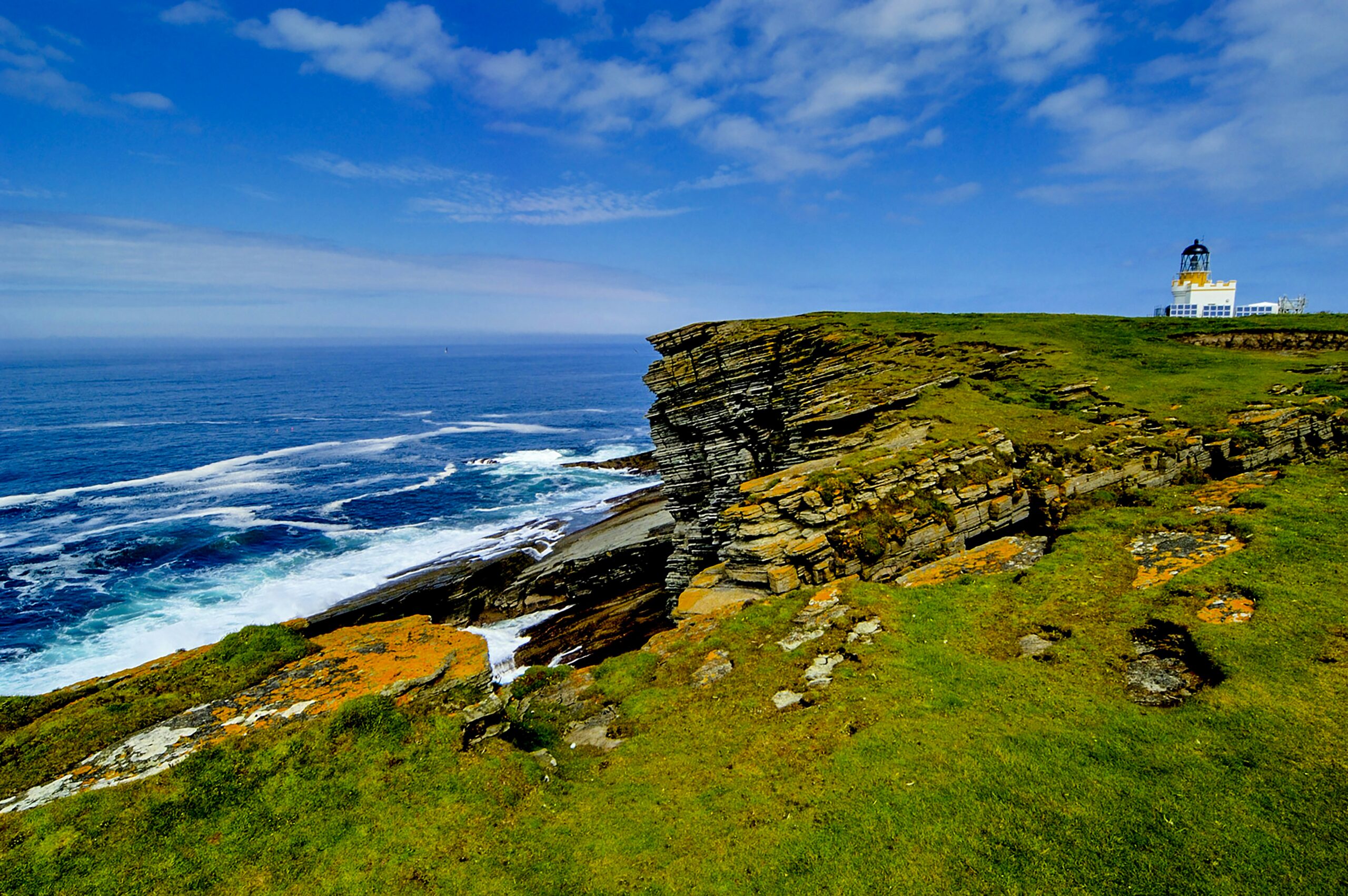Photo by Maxwell Andrews
The Scottish Government has announced historic Marine Protected Area (MPA) status for significant shipwreck sites in Orkney and Shetland waters, making it a criminal offence to remove artefacts from some of Scotland’s most important underwater heritage sites.
The designation will primarily protect what remains of the German High Seas Fleet scuttled at Scapa Flow in 1919, along with the Queen of Sweden wreck off Shetland, which sank in 1745.
Protection follows decades of artefact removal
The German High Seas Fleet was deliberately sunk by its crews on 21st June 1919 when Admiral Ludwig von Reuter ordered the scuttling amid fears of post-war peace talks failing. Of the 74 ships being held at Scapa Flow, 52 were sunk.
The Scottish Government said Scapa Flow includes the “largest concentration of warship wrecks” in the UK. For decades, items from the wrecks could be legally removed provided their recovery was registered, resulting in hundreds of artefacts being added to private collections.
Economic significance recognised
Orkney Islands Council leader Heather Woodbridge welcomed the announcement, saying: “Wrecked vessels, including those of the German High Seas Fleet, are a significant heritage asset and attract visitors from all over the world, contributing to the economy of Orkney.”
She emphasised the urgency: “Sadly, the condition of the wrecks is deteriorating, and these important remains will not last forever. This Historic MPA will ensure these irreplaceable assets are protected from future human damage while still allowing for responsible access, research and education.”
Energy Secretary Gillian Martin said the designation “recognises their national value and will help to ensure that future generations can continue to explore, learn from, and be inspired by Scotland’s underwater heritage.”
Queen of Sweden wreck also protected
Historic MPA status is also being granted to the Queen of Sweden wreck off Shetland, built in Stockholm in 1741 to trade with China. Shetland Islands Council leader Emma Macdonald said: “The Queen of Sweden is one of the best-preserved 18th-century trading vessels, lying in shallow waters and popular with local divers.”
The designations will come into effect on 1st November 2025, ensuring these remnants of maritime history are preserved for future generations whilst continuing to support sustainable marine tourism and research activities.
